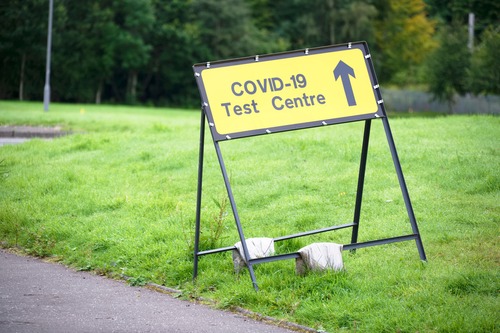
The Access to COVID-19 Tools (ACT) Accelerator released a new strategic plan last week that seeks $23.4 billion from international investors by September 2022 to patch inequalities in access to COVID-19 tests, treatments, vaccines, and personal protective equipment.
This is particularly important for low and middle-income countries, ACT argued, if the world intends to save lives and end the acute phase of a pandemic that has gone on for nearly two years and killed almost 5 million people. Lack of equitable access to necessary countermeasures has prolonged the pandemic and, according to ACT, the longer this inequality exists, risk opening the door to new, even more, dangerous variants.
In highlighting this inequality, ACT — a partnership launched by the World Health Organization (WHO) and collaborators — noted that only 0.4 percent of tests and 0.5 percent of vaccines administered worldwide have gone to low-income countries, even though they make up 9 percent of the world’s population.
As part of the new strategy, ACT will reconfigure its focus and revitalize elements like the Health Systems & Response Connector to guarantee closer engagement with countries and ensure they have the means to deploy tools for addressing the pandemic.
“To end the pandemic, governments, manufacturers, and donors must fully fund the ACT-Accelerator to address inequities in access to COVID-19 vaccines, tests, and treatments,” Dr. Tedros Adhanom Ghebreyesus, Director-General of WHO, said. “In focusing its energies on addressing the great equity gap for these tools, the ACT-Accelerator is bolstering its role as an ally for countries side-lined by market forces in securing life-saving interventions. Fully funding the ACT-Accelerator is a global health security imperative for us all – the time to act is now.”
Full funding could allow the organization to support vaccination drives in 91 lower-income countries that have joined the COVAX Advance Market Commitment and others. Further, it would assist 144 countries in the Diagnostics Consortium to reach a minimum testing rate of at least 1 test per 1,000 people per day. It would also provide a basis to ensure sufficient genetic sequencing capacity to detect new variants of concern and help 120 million COVID-19 patients in low and middle-income countries access existing and emerging treatments for the disease. Funding would also go toward equipping 2.7 million health workers.
While the cost is high, ACT added that the cost of inaction would be much higher. At least 5 million potential additional deaths and a further International Monetary Fund-predicted hit of $5.3 trillion by 2026 to a global economy already reeling from the disease’s long-reaching effects.
A key element of the new plan is the reconfigured Health Systems & Response Connector (HSRC). The connector will ensure closer engagement with countries and that they have the necessary technical, operational, and financial resources to deploy tools.




